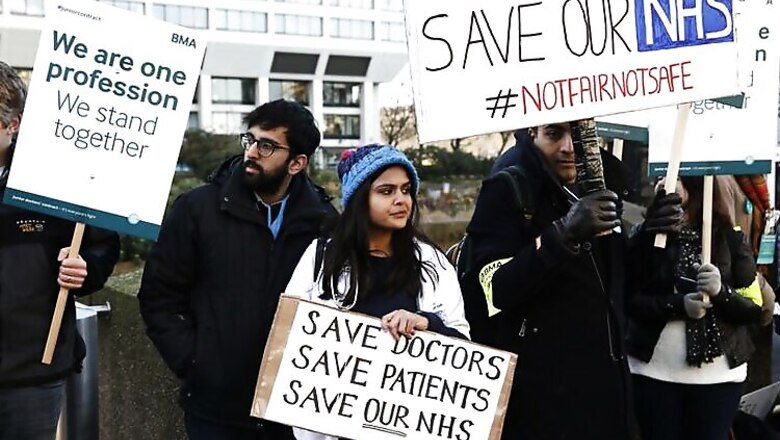
views
London: Thousands of patients across England had a harrowing time on Tuesday when junior doctors went on a 24-hour strike for the first time in 40 years demanding better pay and working conditions, in a move which Prime Minister David Cameron warned would cause "real difficulties" to patients.
The National Health Service (NHS) postponed 4,000 routine treatments such as knee and hip operations. The doctors were only providing emergency cover during the walkout, which got under way on Tuesday morning. A West Midlands hospital has asked doctors to come off the picket line to help after a surge in patients. Sandwell Hospital raised the alarm shortly after the strike got under way, saying beds were filling up and they were struggling to discharge patients.
But the British Medical Association (BMA) has so far refused to agree to the request, arguing it is not clear whether it qualifies as a major incident. The strike has gone ahead despite a last minute plea from Cameron for doctors to call off their action, warning it would cause "real difficulties for patients and potentially worse."
The walkout comes after talks between the union and the government failed to reach agreement on the new contract which the government says will improve healthcare at night and at weekends but medics say would drastically reduce their pay. The BMA is concerned about pay for weekend working, career progression and safeguards to protect doctors from being over-worked.
But the government have argued the current arrangements were outdated and changes were needed to improve standards of care at the weekend. There are more than 55,000 junior doctors in England, a position covering people who have just graduated from medical school through to those with more than a decade of experience. They represent a third of the medical workforce, and just over 37,000 are BMA members.
Hospital consultants, GPs and other staff, including nurses and midwives are in work. "We have tried and tested plans to deal with a range of disruptions including industrial action," Anne Rainsberry, from NHS England, said. "As ever, the safety and care of patients is our top priority, and the NHS has robust plans in place to ensure those who need emergency treatment will continue to receive it."
Two other walkouts are planned for January 26 and February 10. "We sincerely regret the disruption that industrial action will cause, but junior doctors have been left with no option," BMA leader Dr Mark Porter said. "It is because the government's proposals would be bad for patient care as well as junior doctors in the long-term that we are taking this stand." This is the first strike by junior doctors over pay and conditions since 1975, although they were involved in a 2012 walkout over pensions.











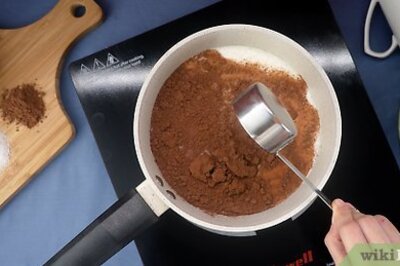


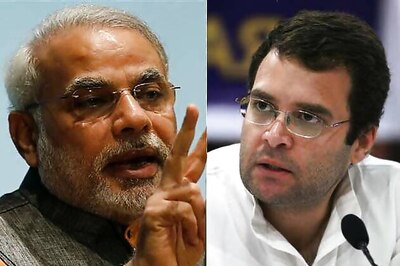
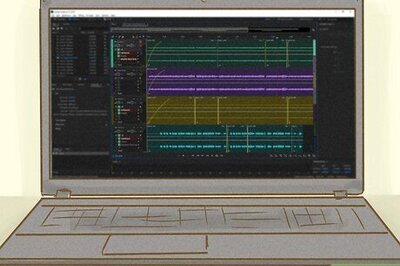
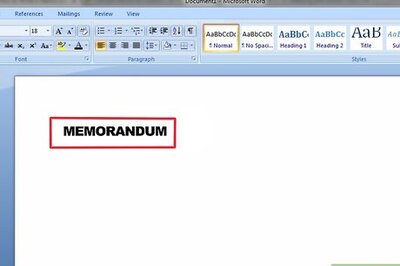
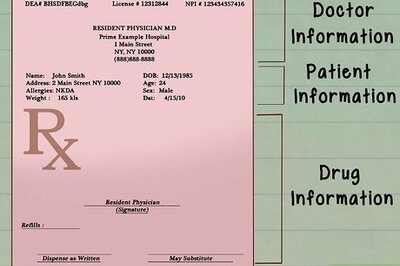
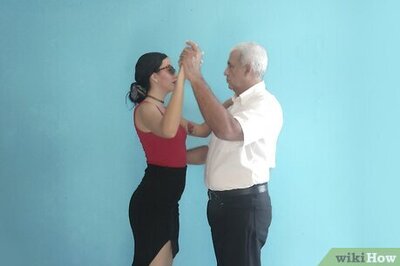

Comments
0 comment